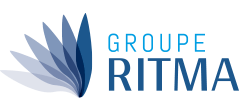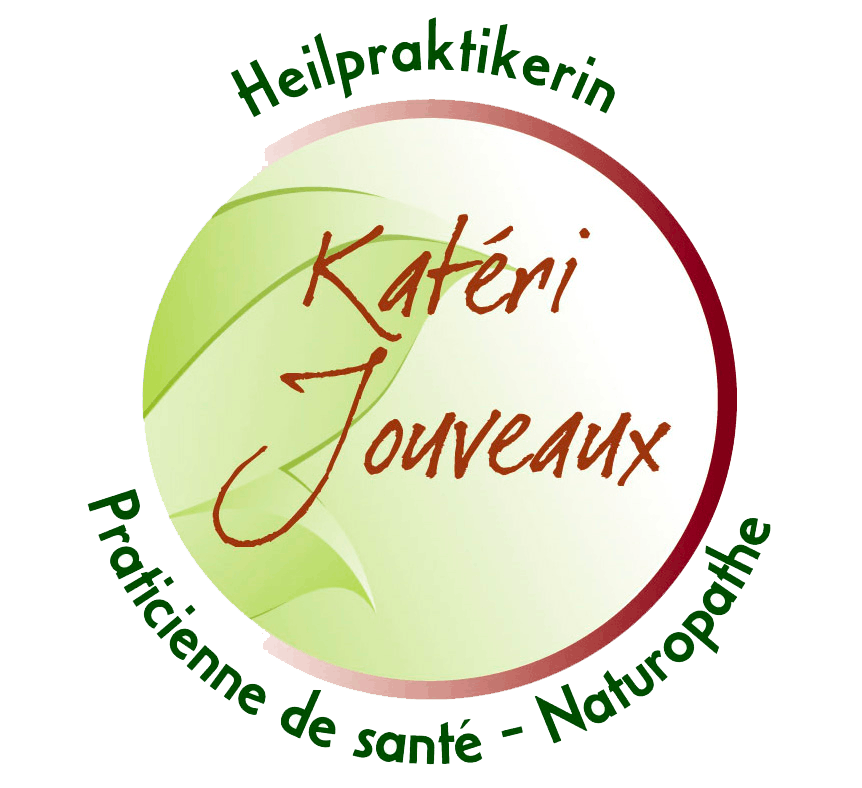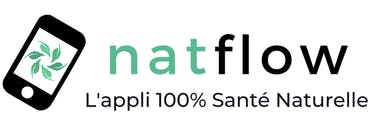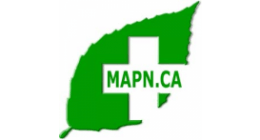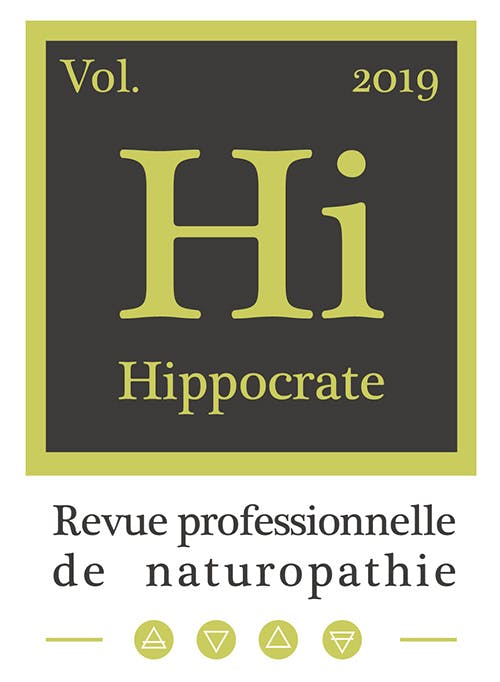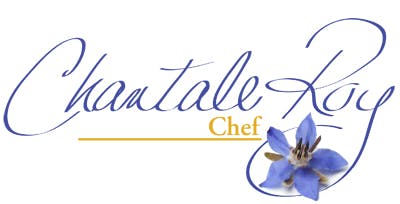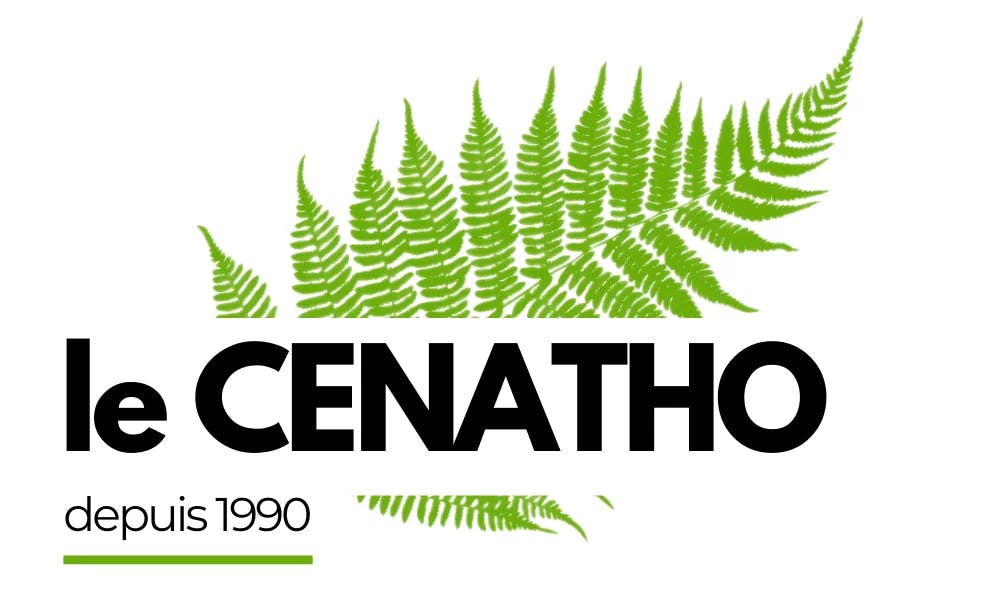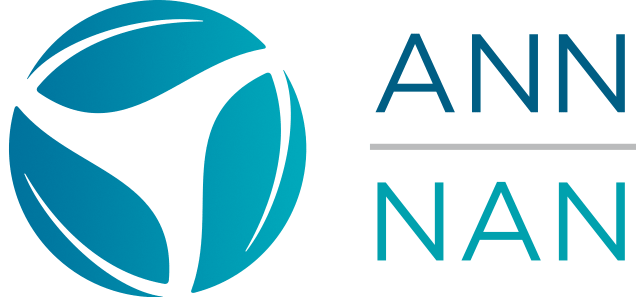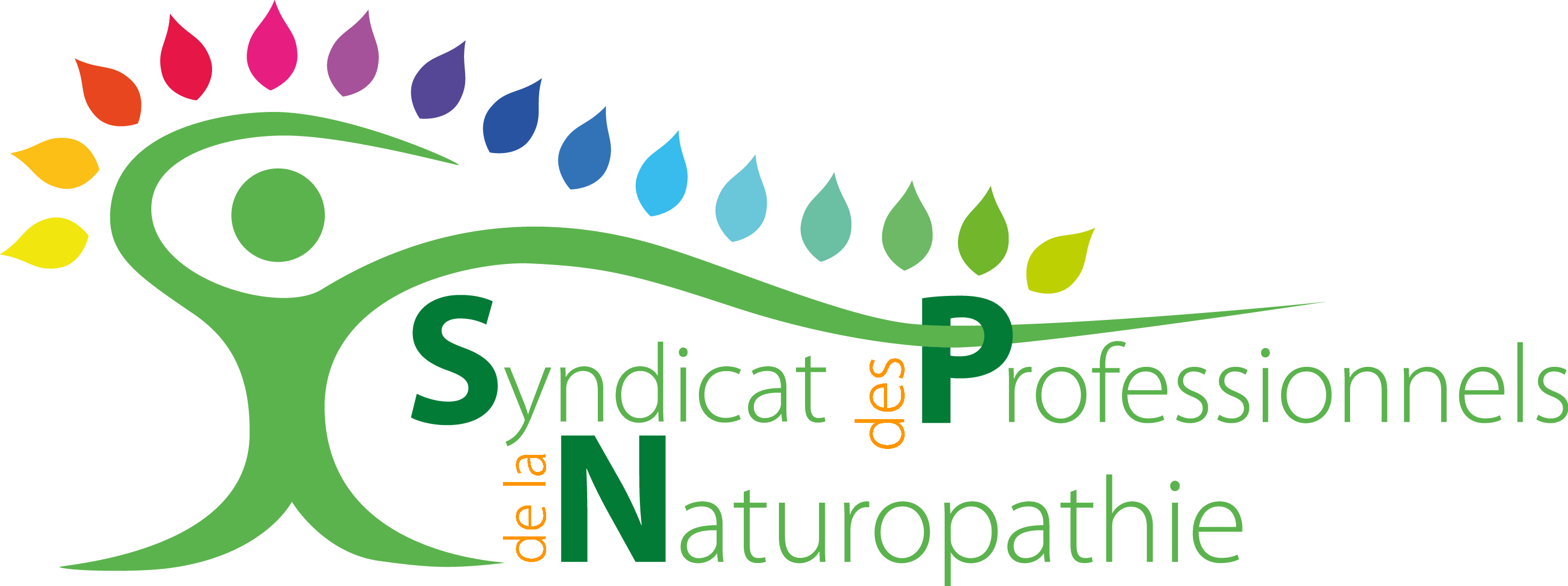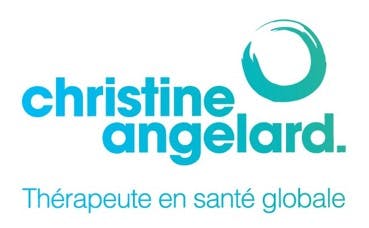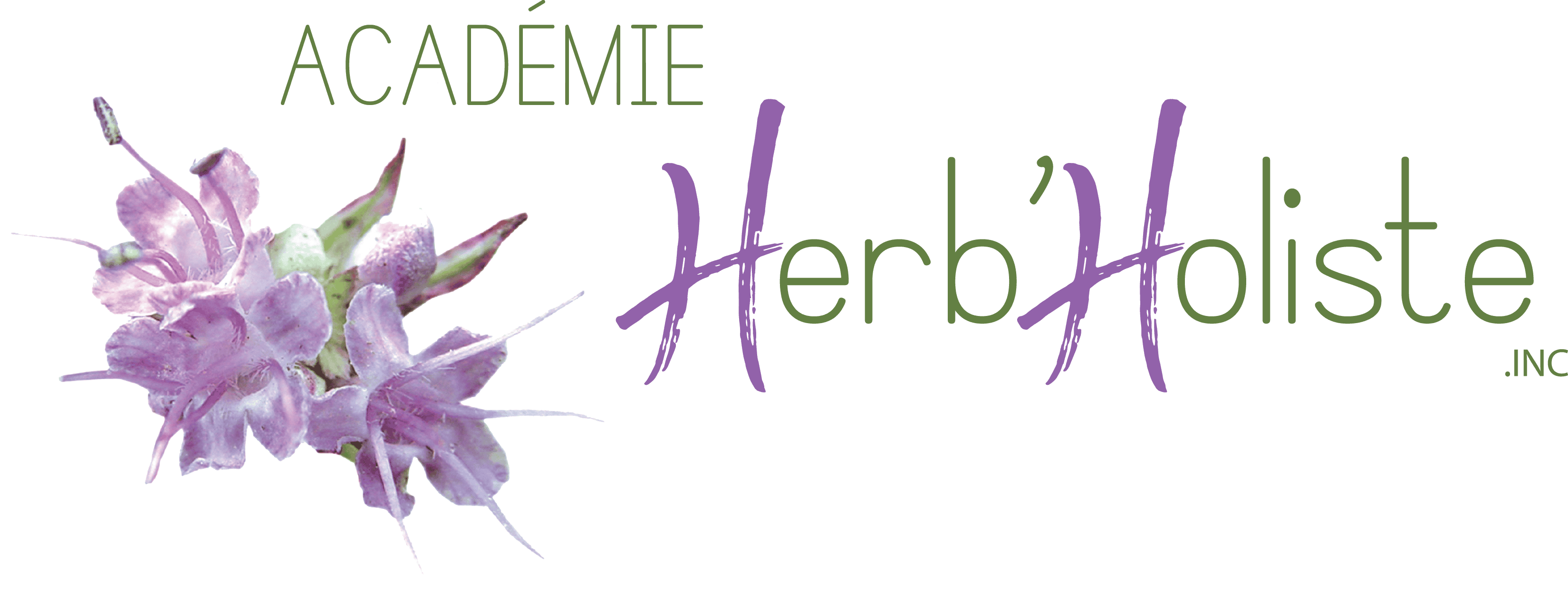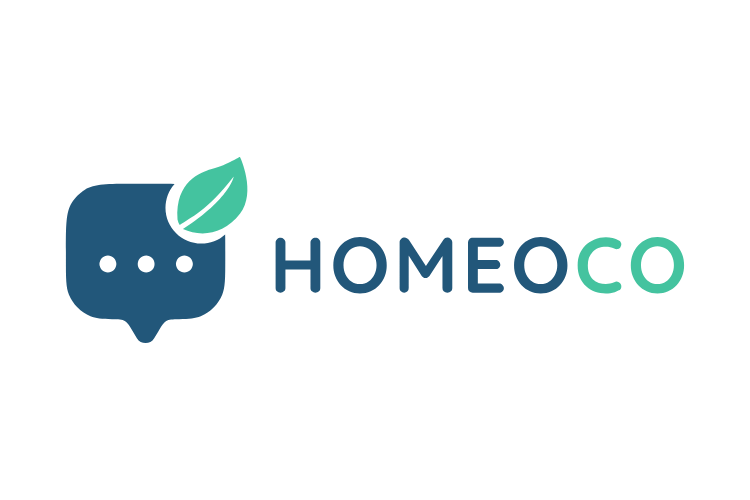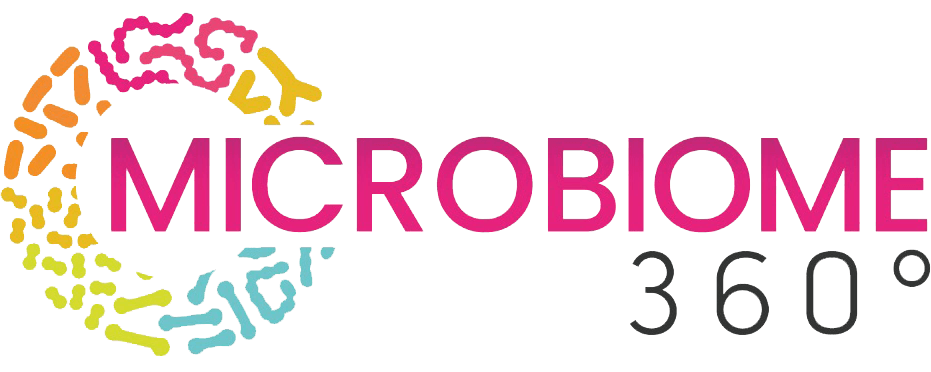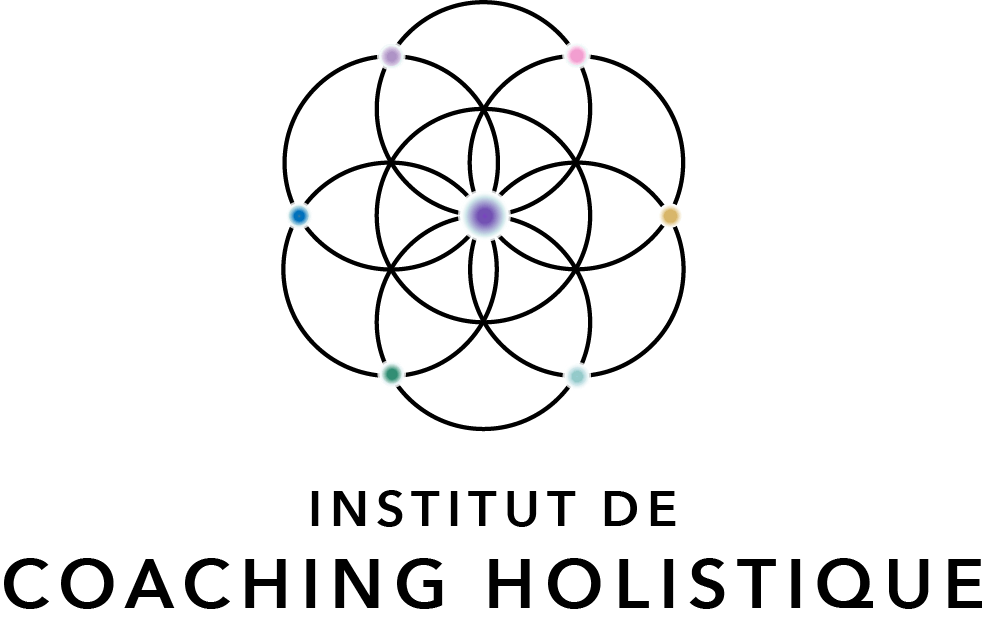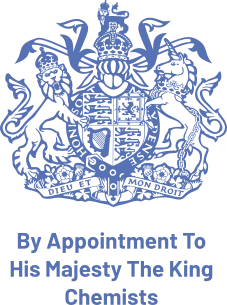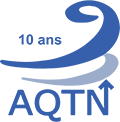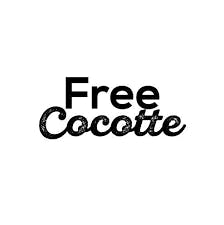Orthomolecular Approaches
This course provides a clear and progressive introduction to the principles of orthomolecular medicine, a discipline based on the use of natural and biological molecules — vitamins, minerals, amino acids, and other essential nutrients — as therapeutic tools to support vital functions and restore the body’s balance.
Designed for students with little or no scientific background, this module offers an accessible yet rigorous understanding of the biochemical mechanisms underlying health. It highlights the essential role of nutrients in preventing and correcting metabolic, hormonal, and cellular imbalances.
The course objectives are to:
- Understand amino acids, fatty acids, antioxidants, bioflavonoids, and enzymes — their biochemical roles, dosages, contraindications, interactions, and dietary sources;
- Explore other specific supplements such as glucosamine, MSM, chondroitin, hyaluronic acid, SAM-e, coenzyme Q10, ALA, EGCG, ALC, AHC, 5-HTP, and nitric oxide inhibitors;
- Connect pathologies to their specific deficiencies and learn to use diagnostic evaluation tools;
- Apply therapeutic formulas to the most common pathologies within a comprehensive nutritional approach that includes both diet and supplementation.
Combining scientific rigor with a naturopathic perspective, this course fosters a deep understanding of nutrient-based therapy, recognized as one of the most effective approaches for restoring vitality and optimizing long-term health.
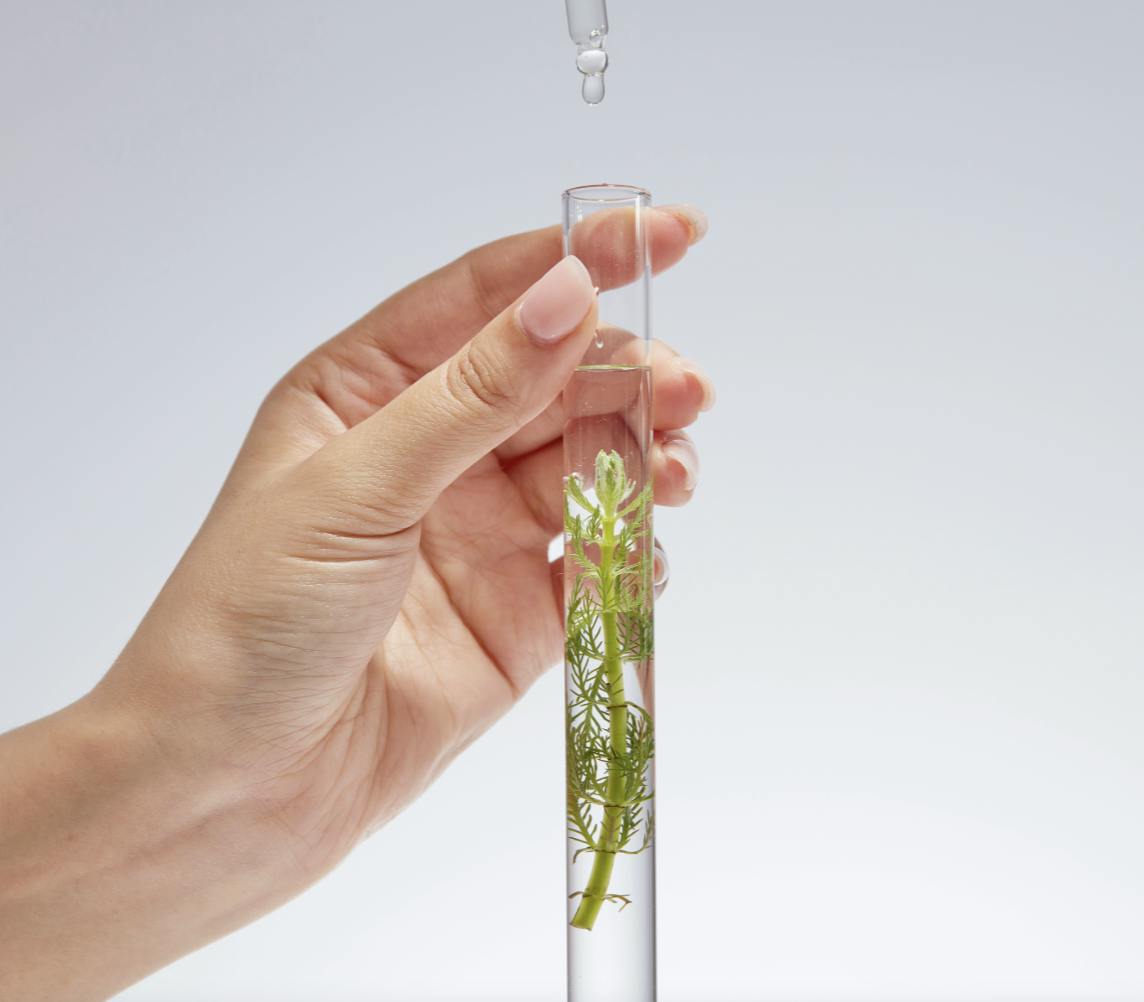
Included teaching methods:
- E-Learning: an interactive, motivating and effective learning method.
- Printable course booklets
- Online exams
- Access to the student center
- Videos and virtual library.
Course Content Description
STUDIENT GUIDE
- Modifying deadlines
- Teaching method and work requirements
- Presentation and objectives
- Bibliography
INTRODUCTION
- Orthomolecular Medicine
- Vitamin C as an illustration of the orthomolecular approach
- Synthetic or natural?
- Vitamin E
- Beta-carotene
- Vitamin C
- Vitamins B6 and B9
CHAPTER 1
- Amino Acids
- Basic concepts in biochemistry
- Aspartic acid and asparagine
- Alanine
- Arginine
- Carnitine
- Creatine
- Cysteine (and cystine)
- Glutamine (and glutamic acid)
- Glutathione
- Glycine
- Histidine
- Leucine (valine and isoleucine)
- Lysine
- Methionine
- Ornithine
- Phenylalanine
- Proline (and hydroxyproline)
- Serine
- Taurine
- Threonine
- Tryptophan
- Tyrosine
- Summary table of the amino acids
- Revision
- Activity 1
CHAPTER 2
- Antioxidants and anticancer molecules
- The most common antioxidants
- Alpha-lipoic acid
- Coenzyme Q10
- Polyphenols
- Ellagic acid
- Flavonoids
- Quercetin
- Isoflavones
- Anthocyanins
- Proanthocyanins – Pycnogenol and resveratrol
- Flavanones
- Naringin
- Hesperidin and rutin
- Catechins
- Carotenoids
- Lycopene
- Beta-carotene
- Lutein
- Isothiocyanates and indoles
- Sulforphan
- Indole-3-carbinol
- Shark products
- Alkyl glycerol
- Squalene
- Shark cartilage
- Revision
- Activity 2
CHAPTER 3
- Natural products that promote bone and joint health
- Glucosamines
- Chondroitin
- Methyl sulfonyl methane
- Collagen
- Hyaluronic acid
- S-adenosyl-L-methionine
- Horsetail
- Turmeric
- Vitamin K2 MK7
- Organic silicon
- Revision
- Activity 3
CHAPTER 4
- Weight-loss and cholesterol-lowering products
- Weight-loss products
- Conjugated linoleic acid
- Hydroxycitric acid
- Catechins (ECGC)
- Forskolin
- Cholesterol-lowering products
- Chitosan
- Glucomannan
- Choline
- Phosphatidylcholine
- Inositol
- Methionine
- Policosanol
- Phytosterols
- Omega-3
- Omega-6
- Titrated red rice extract
- Chlorella
- Revision
- Activity 4
CHAPTER 5
- Brain and mood products
- Phosphatidylserine
- 5-HTP
- SAMe
- Omega-3 (EPA)
- Complex-B vitamins
- Calcium and magnesium
- Melatonin
- John’s Wort
- Royal jelly
- Ginseng
- Revision
- Activity 5
CHAPTER 6
- Enzymes and digestive aids
- Enzymes
- Three types of enzymes
- The importance of enzymes
- Betaine HCl
- Proteolytic enzymes
- Papain
- Bromelin
- Proteases
- Peptidases
- Glucolytic enzymes (sugars)
- Alpha-galactosidase
- Amylase
- Lactase
- Other glucolytic enzymes
- Lipolytic enzymes
- Lipase
- Enzyme mixes
- Pancreatic enzymes
- Revision
- Activity 6
CHAPTER 7
- Probiotics and prebiotics
- Probiotics
- Lactobacillus
- Bifidus
- Streptococcus
- Prebiotics
- Active Lb.
- Arabinogalactan
- Fructo-oligosaccharides
- Brewer’s yeast/Beer yeast
- Revision
- Activity 7
CHAPTER 8
- Natural products for vascular problems
- Nitric oxide
- Natural products that promote the release of NO
- Arginine
- Niacin
- Resveratrol
- Vinpocetine
- Revision
- Activity 8
CHAPTER 9
- Other Food Supplements
- Propolis
- Horse Chestnut
- Pollen
- Spirulina
- Cranberry
- Beta-1,3-glucan
- Evening primrose oil
- Borage oil
- Echinacea
- Activated vegetable carbon
- Cod Liver Oil
- Revision
- Activity 9
CHAPTER 10
- Therapeutic Formulas
- A Healthy Immune System
- Memory
- Cancer Prevention
- Chronic Fatigue
- Restorative Sleep
- Major Skin Conditions:
- Acne
- Psoriasis
- Herpes
- Eczema
- Major Respiratory Conditions:
- Bronchitis
- Recurrent ENT Infections
- Asthma
- Major Circulatory Conditions:
- High Blood Pressure
- Raynaud's Disease
- Major Urinary System Conditions:
- Urinary Tract Infections
- Major Digestive System Conditions:
- Major Musculoskeletal Conditions:
- Osteoarthritis
- Osteoporosis
- Major Nervous System Conditions:
- Shingles
- Migraines
- Insomnia
- Depression
- Stress
- Major Genital Conditions:
- Premenstrual Syndrome
- Menopause
- Candidiasis Vaginal
- Prostate Adenoma
- Revision
- Activity 10
APPENDIX
- Medicinal mushrooms
- Agaricon
- Artist conk
- Birch polydore
- Caterpillar fungus
- Chaga
- Enokitake
- Ice man polypore
- Maitake
- Oyster mushrooms
- Reishi
- Shitake
- Zhu Ling
EXAM
- Instructions
- Evaluation Questionnaire
- Course 445 Answer Grid
- Course 445 Validation Sheet





